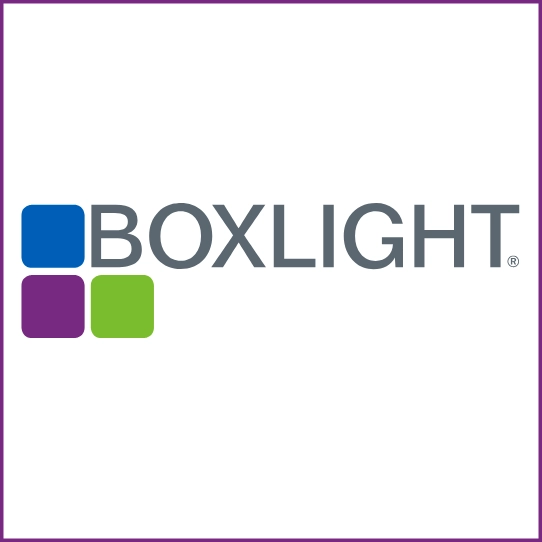Increasing Personalized Learning in Modern Classrooms
Personalized learning is gaining traction in the rapidly evolving education landscape. With the integration of technology and the push for more individualized instruction, educators seek ways to cater to each student’s unique needs and strengths.
In a recent episode of Unbox Innovation, a Boxlight Podcast, host Amy Chodroff sat down with Nick Gearing, Training and Development Specialist with EOS Education by Boxlight. The discussion revolved around the nuances of personalized learning, its potential benefits, and the challenges educators face in its implementation.
Gearing emphasizes increasing personalized learning is more than just creating individualized plans for each student. It encompasses elements of choice, diverse methods of knowledge demonstration, and varied ways of data collection. While some might associate it with accommodations for students with learning differences, Gearing clarified that it’s about tailoring instruction for every student, moving away from the “factory model” of education. He acknowledged teachers’ challenges, especially with large class sizes, but encouraged them to start small and build from there.
The conversation also touched on the role of technology in facilitating personalized learning. While tech tools can enhance the process, they aren’t the sole solution. Gearing highlighted the potential of AI-driven tools, like magicschool.ai, which can assist teachers in crafting individualized plans without being overly time-consuming.
The push for personalized learning is evident as the education sector continues to evolve. With the right tools, mindset, and strategies, educators can make learning more tailored, engaging, and effective for every student.




